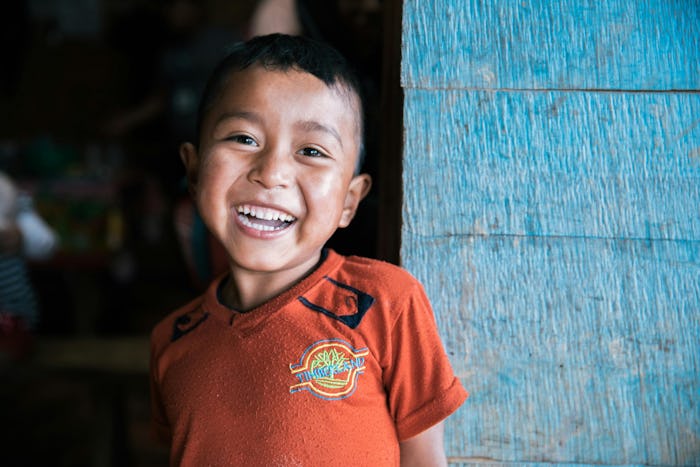You are making a difference in Guatemala!
A glimpse of what your sponsored child’s life is like in Guatemala:
HOME LIFE
- Many rural homes consist of sun-dried adobe bricks, roofed with aluminum or ceramic tiles. Some homes of the poorest people consist of just one large room. Most homes have electricity, but many do not have running water in the home or close to the yard.
- Corn tortillas, black beans, rice, and wheat are staples for meals eaten by most Guatemalans. People may also eat chicken, pork, or beef. The largest meal is usually eaten at noon.
- The nuclear family of parents and children is the most common family unit, but young married couples often live in a parents’ home.
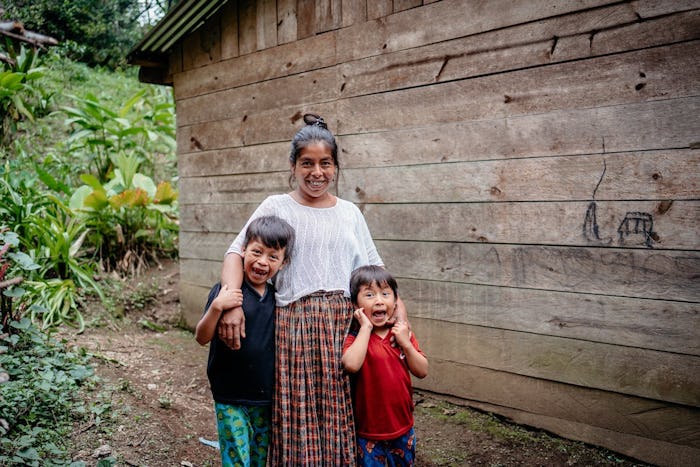
SCHOOL AND EDUCATION
- Formal education usually begins at age 7.
- Children from wealthier Guatemalan homes may attend private preschools beginning as young as 18 months.
- Education is highly valued – children usually attend school as long as their parents are financially able to afford tuition and school supplies.
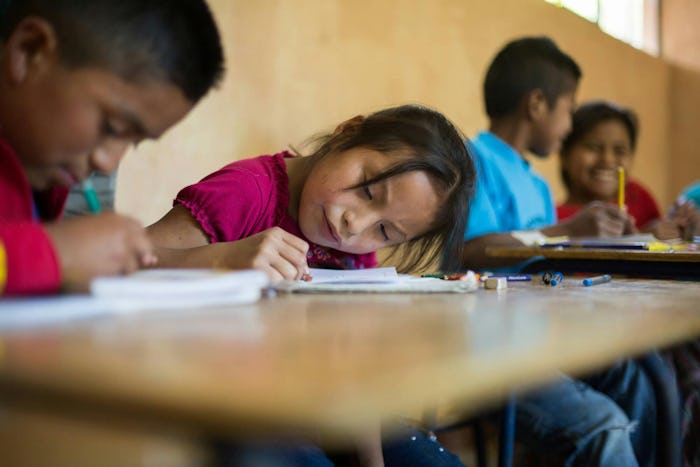
GUATEMALAN CULTURE
- Finely woven textiles are a big part of Guatemalan culture, and museums and universities are dedicated to preserving, studying, and displaying textiles from all over the country.
- Pottery is also a key cultural endeavor, and the community of origin is often readily identified through colors, medium, and style.
- The marimba, a wooden xylophone struck with mallets, is one of the most prevalent instruments in Guatemalan music, often featured as background music in restaurant dining rooms.
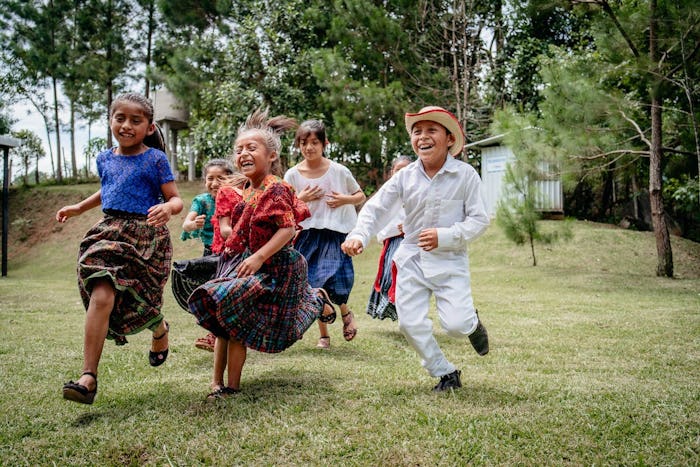
COUNTRY INFO
Guatemala is a country in Central America bordered by Mexico to the north and west, the Pacific Ocean to the southwest, Belize to the northeast, the Caribbean to the east, Honduras to the east, and El Salvador to the southeast. Guatemala’s biologically significant and unique ecosystems contribute to Central America’s designation as a biodiversity hotspot. The country is also known for its rich and distinct culture, which is characterized by a fusion of Spanish and indigenous influences.
- Capital: Guatemala City
- Population: 17,247,807
- Language: Spanish (70%) and Amerindian

FH IN GUATEMALA
FH started working in Guatemala in 1976 in response to an earthquake, providing clothing, food, and plastic sheeting for temporary shelters. After officially establishing the office in 1981 to focus on child development, FH concentrated on meeting the needs of orphans and widows who had been affected by Guatemala’s civil war. Today the work in Guatemala has expanded and deepened to focus on long-term community development.
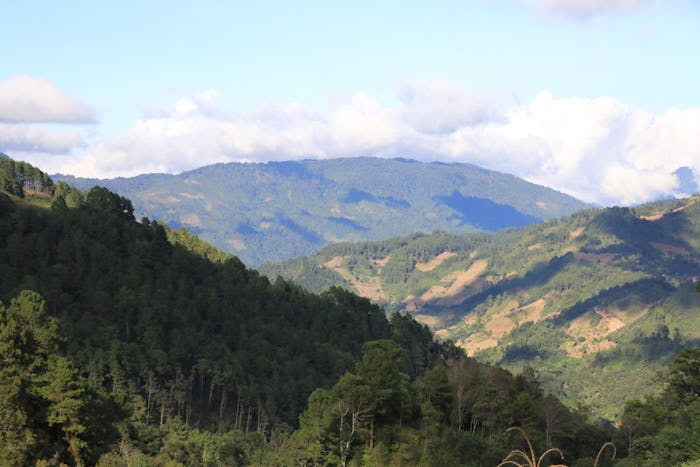
AS A CHILD SPONSOR:
- You are improving child nutrition and infant health by training mothers to grow vegetable gardens while reducing chronic malnutrition through peer education and cascade groups.
- You are supporting savings groups and working with women to help them increase their savings.
- You are providing increased educational opportunities for students at the secondary level so they can learn a trade and improve their future ability to support their families.
